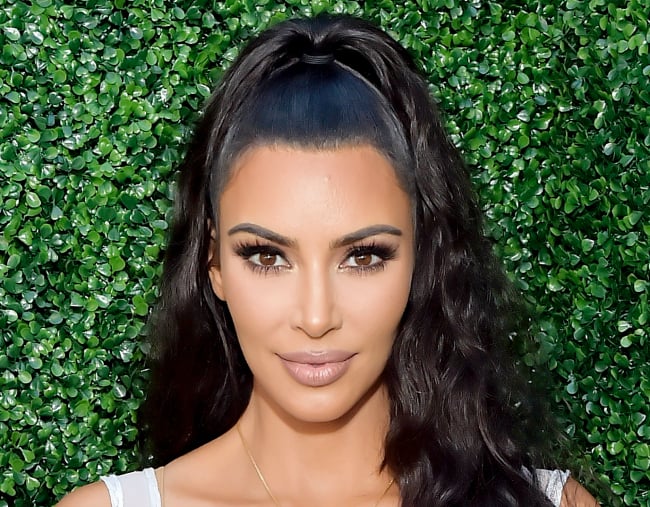
There was a time, not so long ago, when I truly believed Kim Kardashian was the epitome of a modern feminist icon.
I believed she was, to use her words, ’empowered by her body, empowered by her sexuality, empowered by feeling comfortable in her own skin.’
I admired her business acumen; the fact that she’d built an empire on Keeping Up With the Kardashians but used her side hustles to elevate herself to entrepreneurial powerhouse status in the arenas of beauty, fashion and tech.
While she wasn’t a stereotypical businesswoman, her net worth of USD$350 million spoke loudly for itself. Even the most venomous hater would struggle to argue with her position as one of the most powerful influencers in the entire world.
And her influence, I might add, has often been put to good use. She has used it as a platform to campaign for gun control, to raise awareness about the Armenian genocide and to inform young people about Planned Parenthood.
Heck, with a single visit to the White House, she secured the freedom of Alice Marie Johnson, a 62-year-old black woman who was serving life without parole for a non-violent drug offence.
So with all of that in mind, it is hard for me to pinpoint exactly when the scales began to fall from my eyes; when my admiration for this woman began to unravel, allowing doubts to trickle, trickle in.
Perhaps it started with the waist trainers; corset-like contraptions Kim promised fans would squish and mold their young bodies into an approximation of her hour-glass curves. Despite health warnings – not to mention serious doubts about their effectiveness – she spruiked them on her Instagram account; an account with 115 million followers.
Perhaps I should have worried then.
More likely, though, it was the appetite suppressant lollipops that really got me concerned. The ones Kim plugged in a now deleted #ad on her Instagram, in which she described them as “literally unreal” while offering her followers a 15 per cent discount.































































































